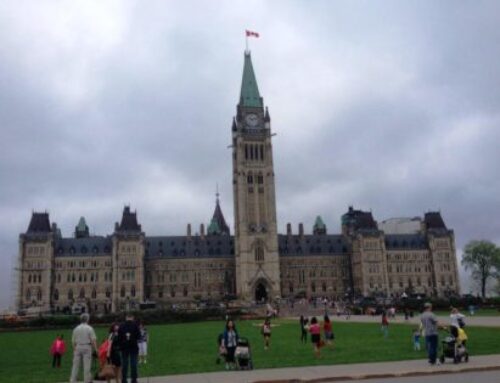Labor to rule out controversial ‘national interest’ exemption for coal and gas if Greens b
November 21, 2025
Labor would prevent a contentious “national interest” exemption being used to approve coal and gas projects if the Greens agreed to support its nature laws, Guardian Australia can reveal.
The offer follows a groundswell of criticism about the discretionary power, including from the author of the review that inspired the new laws, Graeme Samuel, and the former treasury secretary Ken Henry.
The concession alone may not be enough to win over the Greens, who demand protections for native forests and consideration of the climate impacts of projects in exchange for backing the proposed overhaul of the Environment Protection and Biodiversity Conservation (EPBC) Act.
With the government desperate to pass the laws in parliament’s final sitting of the year, the environment minister, Murray Watt, is locked in negotiations with the Greens and Coalition in the hope of landing a deal next week.
Neither side supports the bill in its current form, putting the onus on Labor to cough up concessions if it wants to avoid the long-awaited reform collapsing for the second time in 12 months.
The opposition leader, Sussan Ley, is willing to support the laws if Labor agrees to gut environment protections and strip back the powers of its proposed environment protection agency (EPA).
Sign up: AU Breaking News email
A senior government source confirmed to Guardian Australia that, under a potential deal with the Greens, it would rewrite the proposed “national interest” test to prevent it being used to approve fossil fuel projects.
Critical minerals projects could still be approved.
Under the provision, which Samuel initially supported in his 2020 review of the EPBC Act as a “rare exception”, the minister would be able to ignore environmental standards and greenlight a project if it was deemed in the “national interest”.
While Watt has stressed the provision was intended for projects related to defence, national security and emergencies, the level of discretion written into the legislation has left him unable to rule out the possibility of exemptions for coal and gas.
The Labor MP Ed Husic previously warned a future Coalition minister could misuse the power while Henry and Samuel both predicted a “conga line” of developers would lobby for special carveouts.
Labor’s grassroots environmental action group also called for the power to be axed or at least subject to parliamentary oversight.
As of Friday afternoon, the Greens environment spokesperson, Sarah Hanson-Young, and the shadow environment minister, Angie Bell, were still waiting for Labor’s options for a potential deal.
The amendments would need to put forward in coming days to give both sides time to get a deal through their respective party-rooms early next week.
The EPBC bills are listed for debate in the Senate on Wednesday. Parliament rises for the year on Thursday.

Hanson-Young on Friday reiterated that the Greens wouldn’t support the legislation without extra protections for forests and the climate.
Labor cast the Greens as perpetual “blockers” in the previous term of parliament, but Hanson-Young said the party wasn’t feeling pressure to cave to the government’s demands.
“What plays on my mind is not allowing this government off the hook when they’re pushing for laws that will fast-track coal and gas,” she said.
Ahead of Friday’s hearings, an alliance of major environment groups, including the Australian Conservation Foundation, the Wilderness Society and the legal firm Environmental Justice Australia, urged major changes to a bill that it warned “[does] not protect nature”.
Among its suggested changes, the alliance called for the removal of new discretionary powers for the minister, the closing of loopholes for native forest logging, better engagement with First Nations communities, scrapping or limiting a proposed “restoration contributions” fund, consideration of climate impacts and reversing the decision to delegate decisions under the so-called “water trigger” to the states.
The alliance also wants the federal EPA to be the main decision-maker on projects, with the minister only allowed to intervene in “exceptional circumstances”.
Under the government’s model, which critics note is not genuinely independent, the minister would either make decisions or delegate that responsibility to an EPA official.
“We call on the Labor government to substantially improve the bills and negotiate in good faith with members of the Senate that care about nature and a vibrant, healthy Australia,” the groups said.
At Thursday’s round of inquiry hearings, the celebrated environmentalist and former Greens leader Bob Brown said the laws were an “insult to the environmental conscience of Australia”.
He said the absence of a requirement for decision-makers to consider a project’s greenhouse gas emissions – known colloquially as a “climate trigger” – was analogous to stripping a treasurer of powers over taxation.
“And I say that must be taken seriously, because that’s how the situation is,” he said.
Search
RECENT PRESS RELEASES
Related Post



